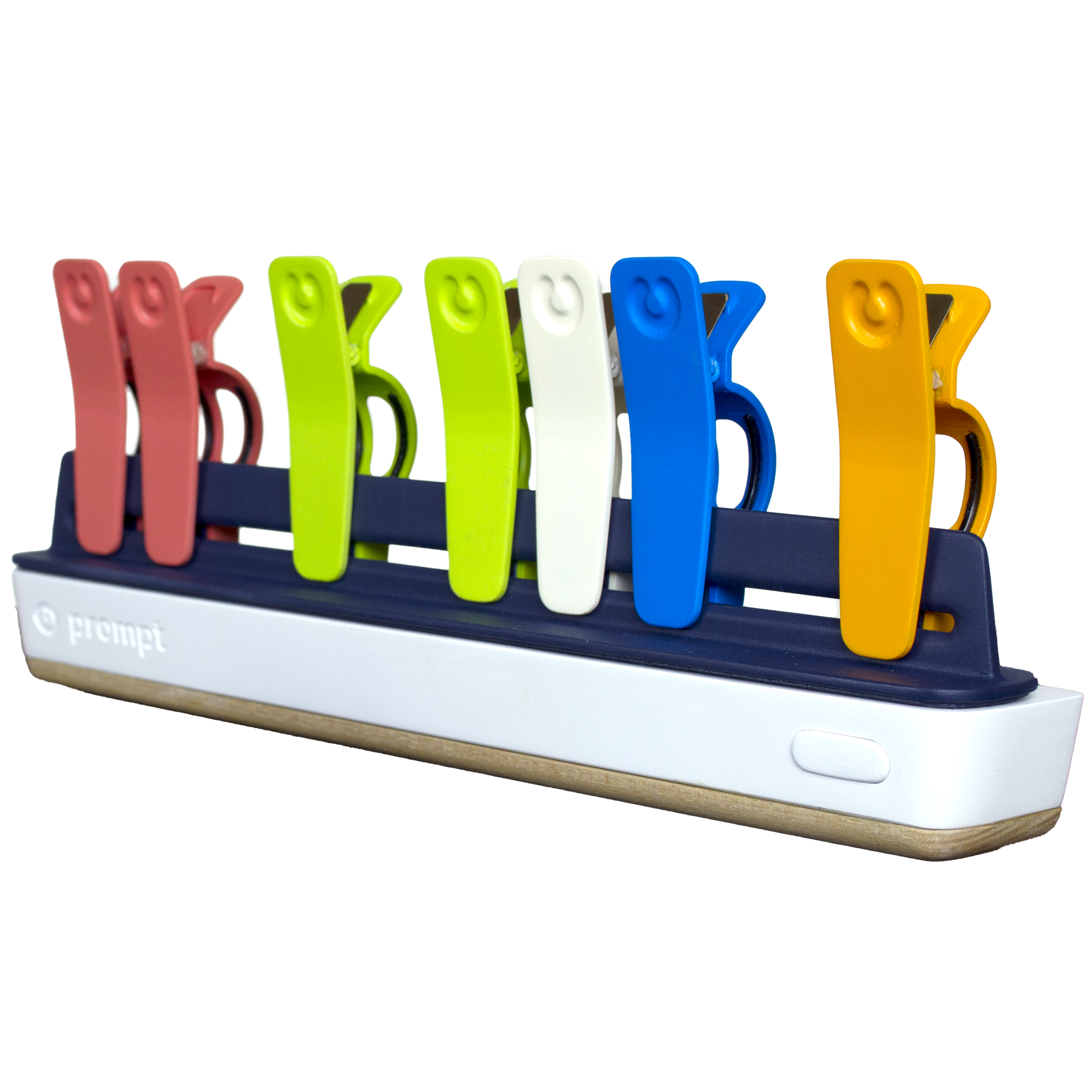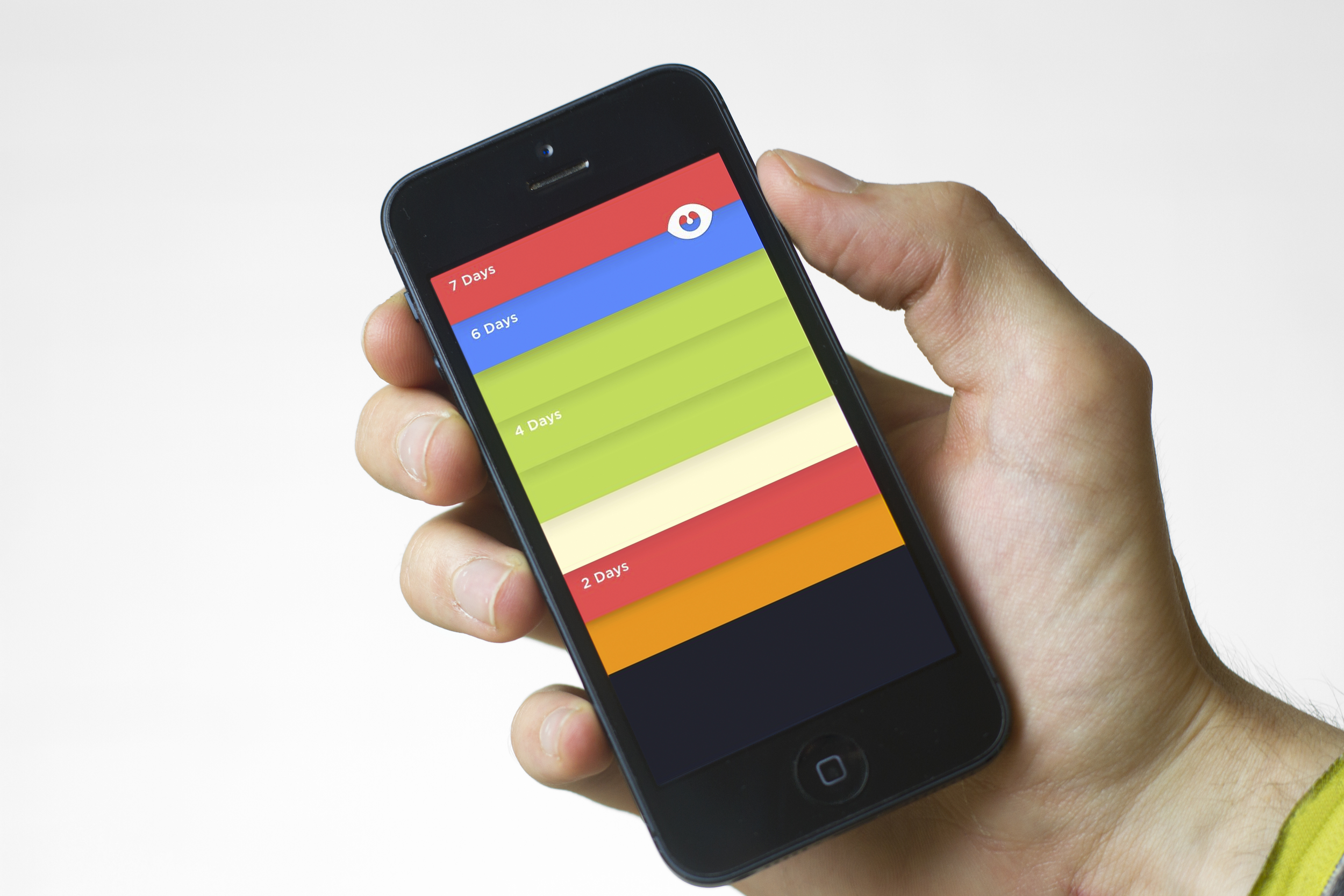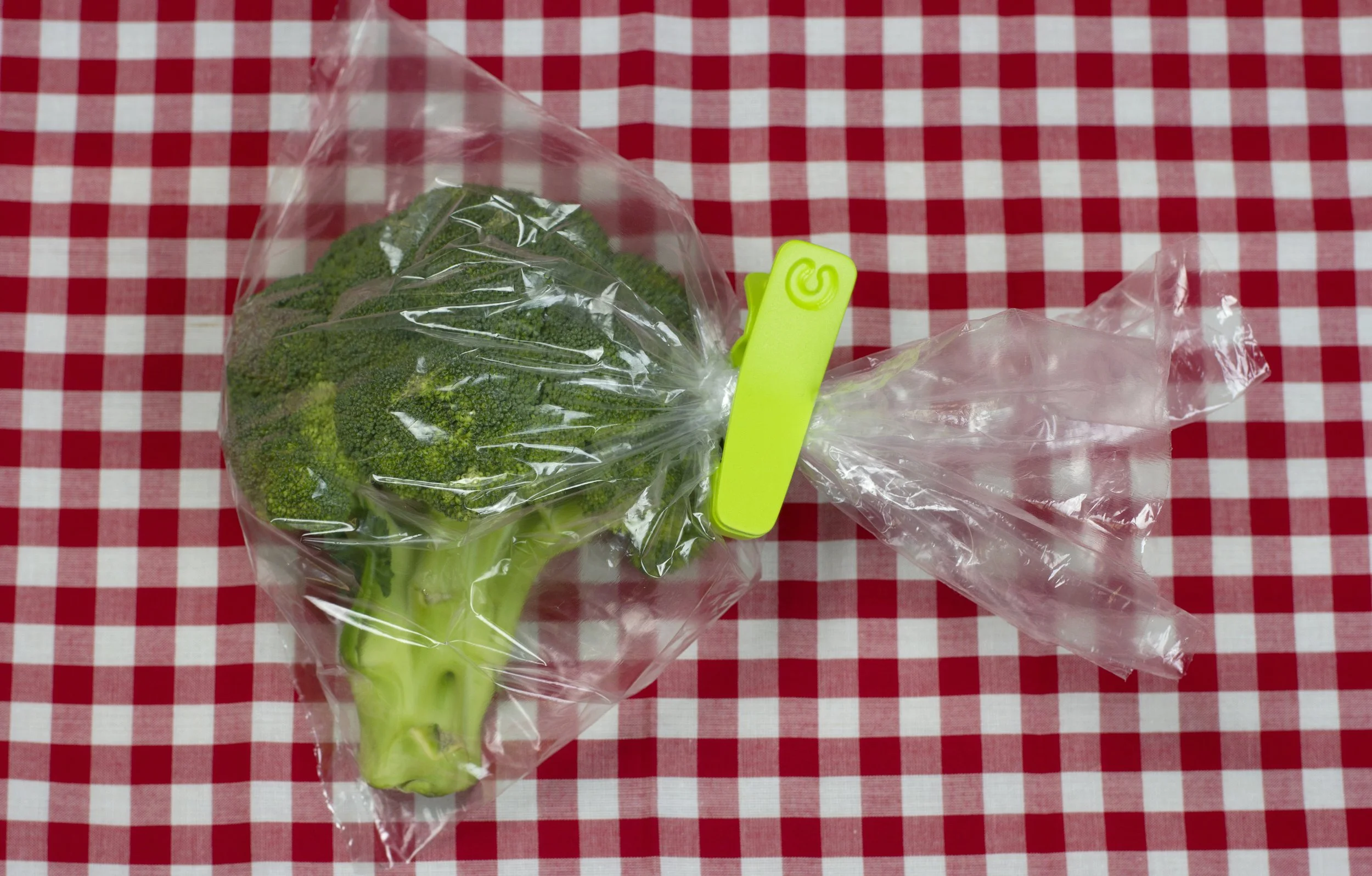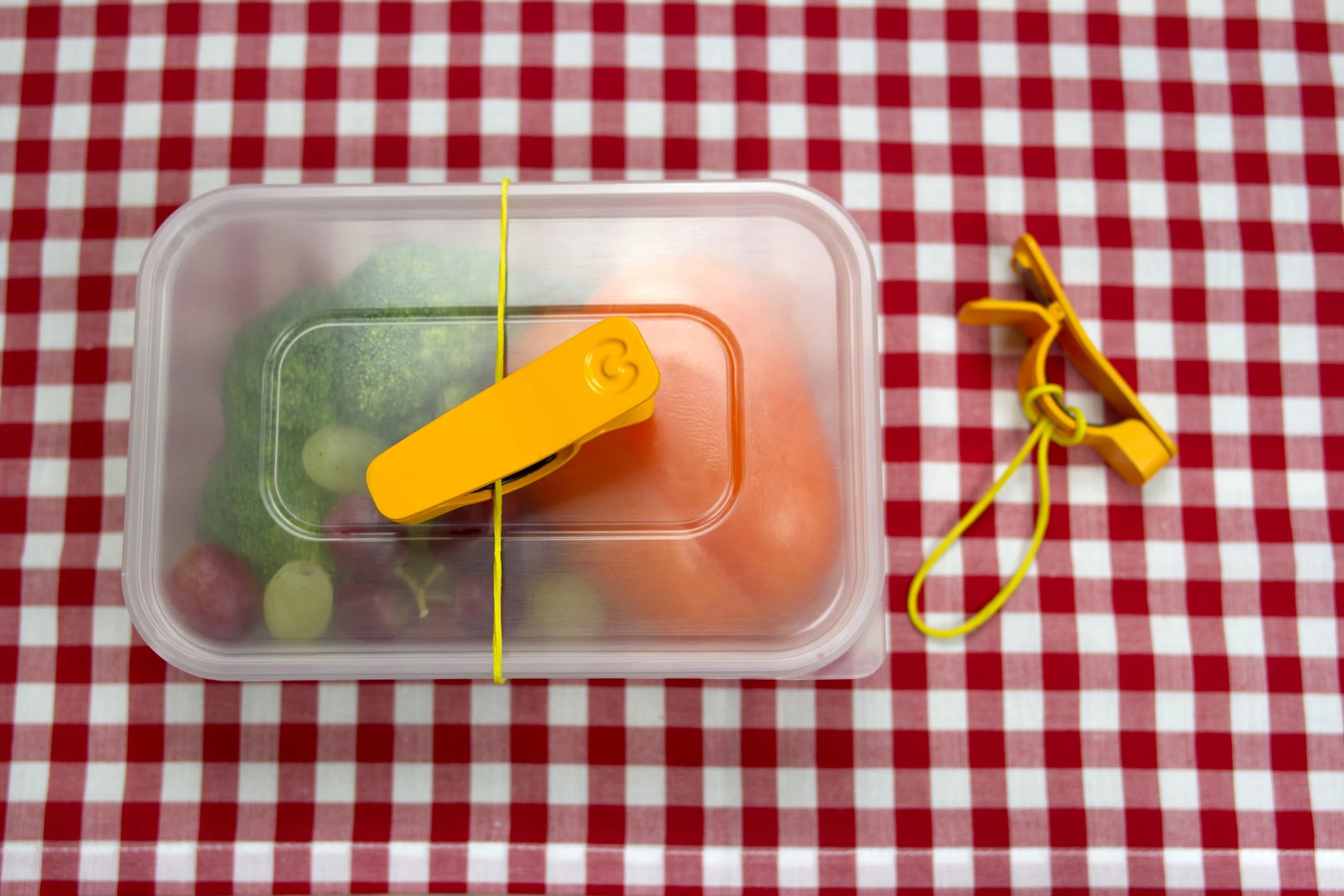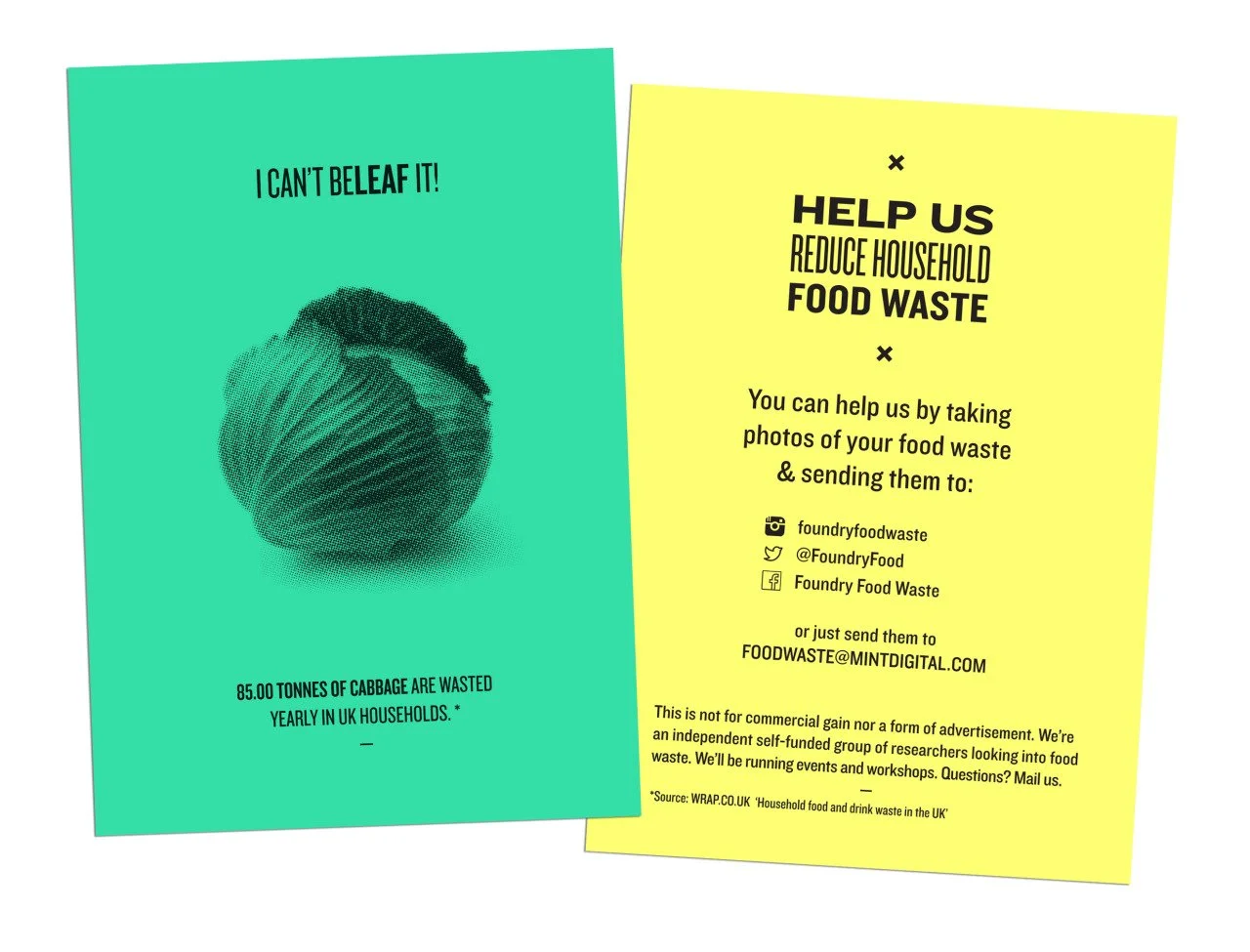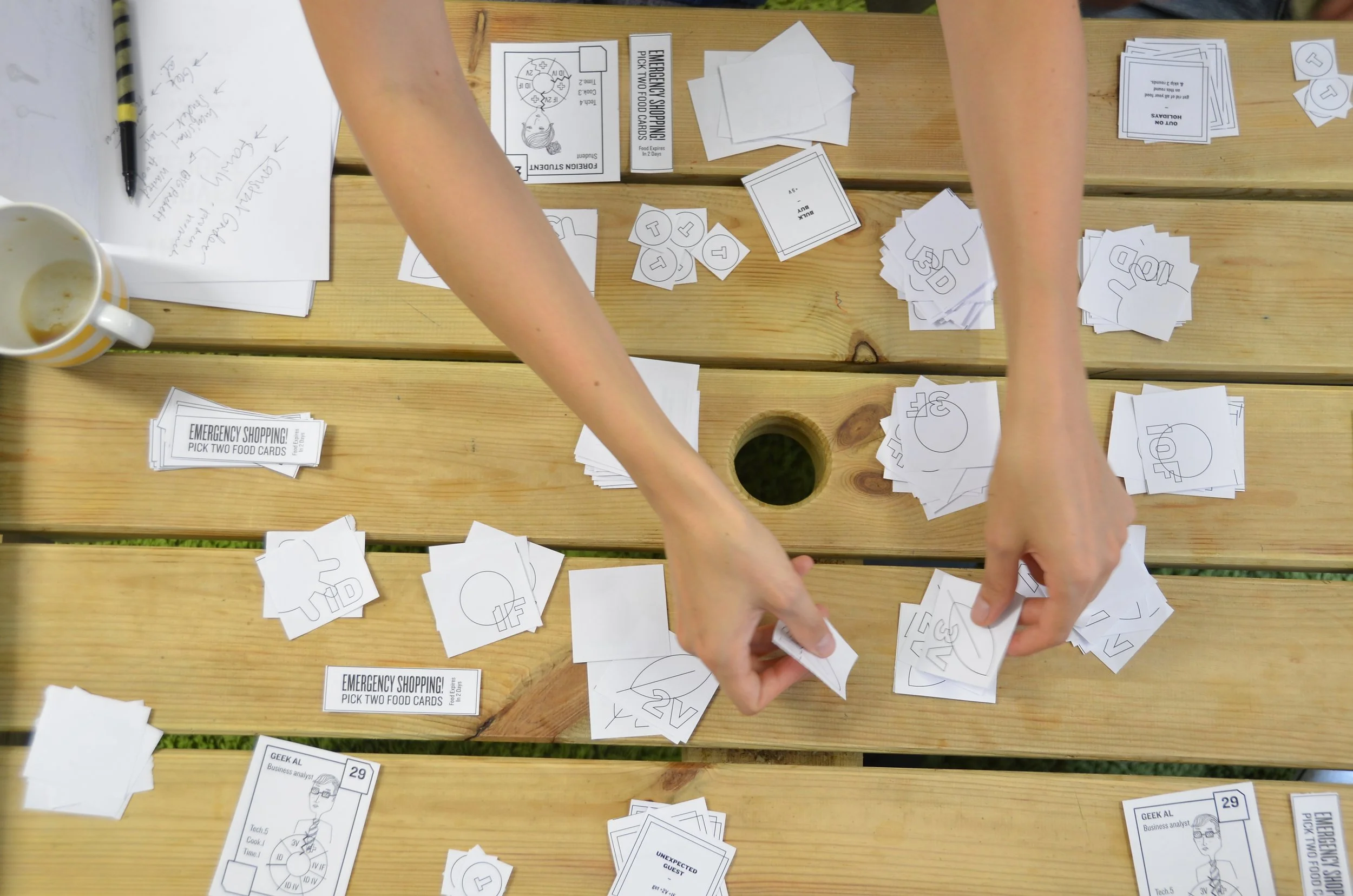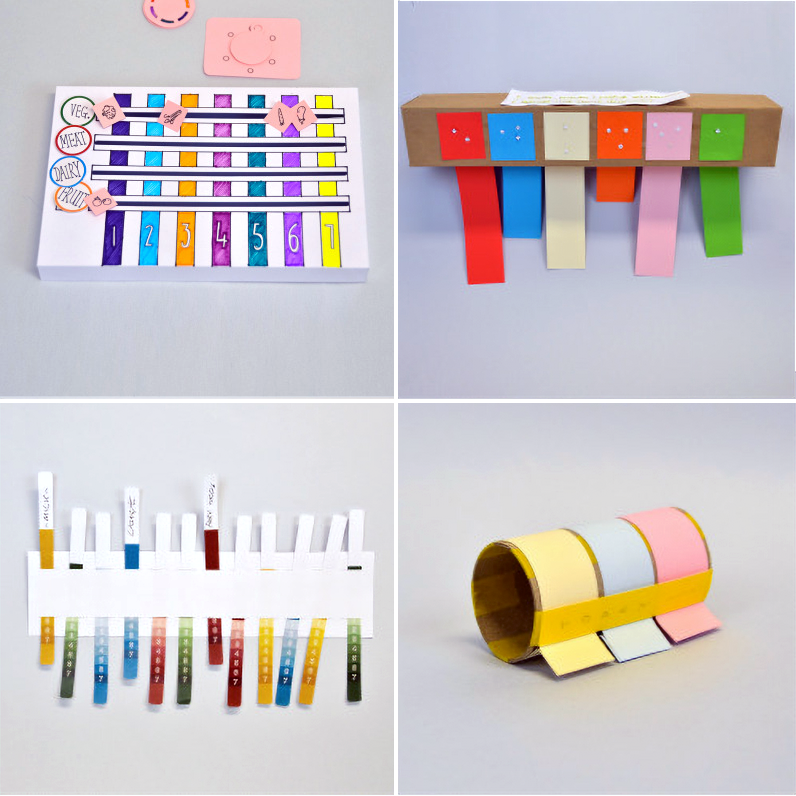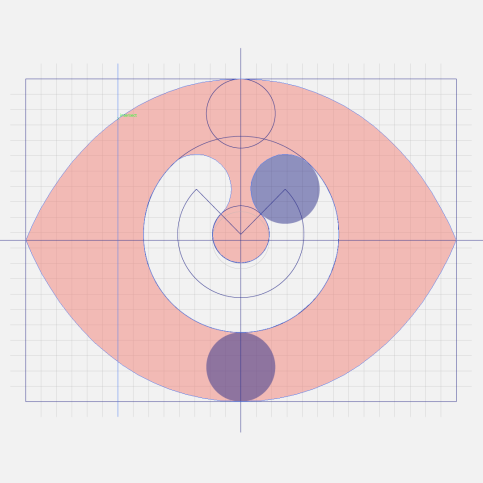
Prompt
A set of smart food clips that help you manage food and reduce waste.
Year
Nyker Visions
2015
Internal Project
Brief
Conceive a device which encourages behaviour change in consumers which reduces food waste. To have a meaningful and sustainable impact the solution needed to be:
Desirable for modern domestic kitchens
Easy to set-up
Quick to use with minimal steps
Affordable
Work alongside domestic cooking habits
Outcome
Delivered a considered concept to stakeholders through a full-scale visual prototype and accompanying marketing and product features video.
The design was founded on two phases of user and customer research which defined product category, features, and positioning. The resulting design garnered positive stakeholder feedback but unfortunately did not progress to detailed development or launch.

Key Design Features
Colour coded clips which refer to different food categories
Smart hub informs dock when a clip has been used
Mobile app tracks clips to help remind consumers of current food stocks
Magnetic base system can be mounted on a fridge or counter
Share food status with all the family
Building products that to make a meaningful and positive impact
1/3 of all food produced for consumption is thrown away. This shocking fact led our team to question if a domestic product could help reduce waste. Prompt aims to help money conscious consumer while mitigating environmental impact.
Through Prompt we conceived a device which can help minimise this problem while delivering a valuable tool to everyday life. Our focus was to offer a system which could help eliminate forgetfulness in food shopping. By using the smart tag system, users are more likely to remember the food which was already in their home and the date it was purchased. This extra information reduces overbuying and encourages the consumption of food that may otherwise go to waste.

Observing user behaviours to designing a product that works
User insights drove the overall project goal and inspired the features of the final concept. Throughout the project we repeated constructed and undertook user feedback sessions to gain valuable direction for ongoing work. This took many forms, from gorilla street surveys to behaviour observation tasks.
Working under a relatively small budget, we initiated the project with a low-cost survey, where we offered free iced coffee at Kings Cross station in return for a response. This inspired the initial project direction which led to more defined and detailed studies. Using simple tools and tasks we observed user behaviour around food management.

Generating media to convince stakeholders.
It is vital that all major stakeholders in a project understand and approve the direction of a project. This can be pivotal in the direction of new product development, change budgets, and establish expectations.
For this project we needed to communicate the final concept to all stakeholders to obtain signoff and approval for further investment. To deliver this we concluded our development work with a full-scale visual prototype, enabling hands-on discussions. This was complimented by a professional product introduction video, which we conceived and created in-house.
Building a desirable product and brand
We understood that making the biggest positive impact with this product meant getting mass adoption. It was therefore paramount that people would aspire to own and use the device in their own home.
As such, a significant portion of the develop work was committed to the outward appearance of the brand and product. We worked to make an harmonious paring which inspired confidence, emanated quality, and would look good in a modern household.


